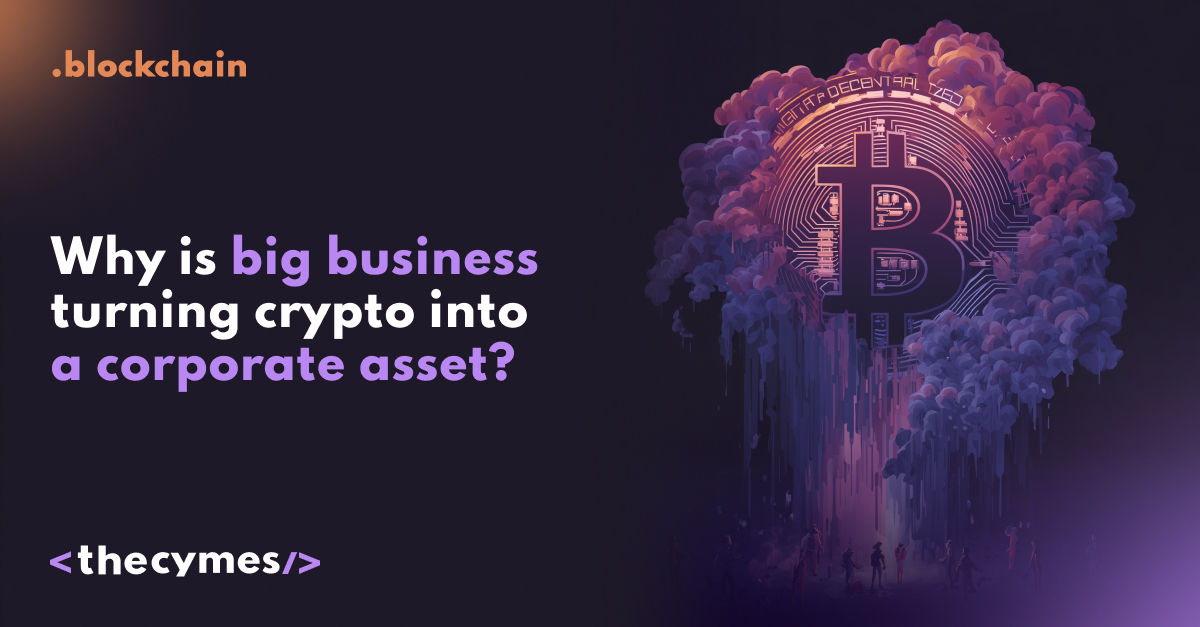.blockchain16 June 16:03
0<
Crypto market in June 2025: What's next for the industry?
/>Explore the key trends shaping the crypto market in June 2025 — from Bitcoin's stability to Binance's latest moves and what lies ahead for altcoins and AI tokens. be updated on the latest tech newsGet exclusive news updates and overview on tech market




